The National Assembly Finance and Planning Committee has proposed the retention of the 15% corporate tax incentive for both construction companies and local vehicle manufacturers following the conclusion of the public participation exercise on the clauses of the Finance Bill 2025.
This decision comes after a proposal in the Finance Bill 2025 that had initially proposed amending the Third Schedule to the Income Tax Act to repeal the preferential 15% rate applicable to companies constructing over 100 residential units per year.
The Bill proposed to revoke the preferential tax rates. This means that the above entities will be subject to the Corporate Income Tax rate of 30% from the date of inception.
However, the proposal to withdraw these incentives was dismissed by the committee following concerns that removing them would undermine investment, raise housing prices, and affect the competitiveness of Kenya’s automotive industry.
Committee Proposes Retaining 15% Tax Incentive
The committee agreed with stakeholders and proposed the deletion of the proposal to withdraw the 15% tax incentive for real estate developers who construct at least 100 residential units annually.
In its final report, the MP Kuria Kimani-led Committee noted that removing the incentive would disincentivize investment in the real estate sector and could lead to a rise in housing prices — particularly for those under the affordable housing agenda — due to higher developer costs.
Additionally, the committee agreed to delete the proposal to withdraw the 15% corporate tax incentive for local vehicle assemblers, noting that this move could undermine investment in the local automotive industry.
Retaining this incentive will help keep up with the principle of predictability and stability in the tax system and helps foster a more favorable business environment.
Also Read: Why Parliament Must Reject the Finance Bill 2025
Other Proposals from the Finance Committee
The committee also proposed that the House drops the Finance Bill 2025 proposal seeking to amend Section 42 of the Tax Procedures Act.
The proposal would have allowed the Commissioner of the Kenya Revenue Authority to issue an agency notice even when a taxpayer has appealed against an assessment specified in a decision of the Tax Appeals Tribunal or a court of law.
Also Read: Finance Bill 2025 to Remove Tax Exemption for Select Cars
On the proposal to grant the Kenya Revenue Authority (KRA) unrestricted access to personal data, the Committee previously deliberated and concluded that such a provision does not meet the constitutional threshold set under Article 31 (c) and (d) of the Constitution of Kenya, which guarantees every individual the right to privacy.
In its analysis, the Committee also referenced Section 51 of the Data Protection Act, which outlines specific conditions under which exemptions to data protection may be permitted.
The Committee maintained that the existing legal framework, specifically Section 60 of the Tax Procedures Act, already provides sufficient authority for the Commissioner or an authorized officer to access relevant data, provided they obtain a judicial warrant.
This ensures that tax enforcement powers are exercised within a framework of legal oversight and due process.
“The Committee’s position in the Finance Bill 2025 is guided by a clear policy rationale: to uphold constitutional rights while ensuring effective tax administration through lawful and report on the consideration of The Finance Bill, 2025 (National Assembly Bills No. 19 of 2025),” read the committee report in parts.
Follow our WhatsApp Channel and X Account for real-time news updates.
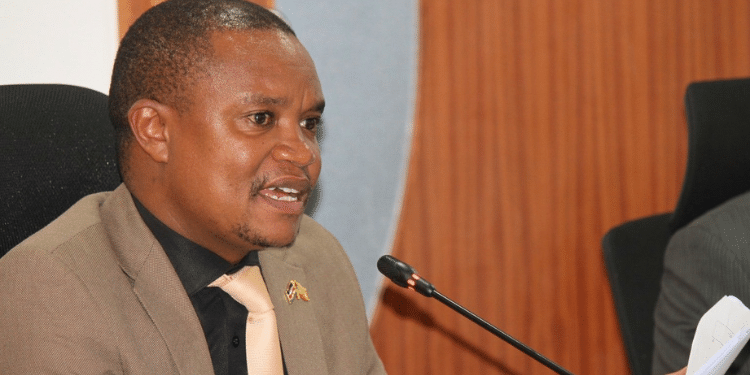


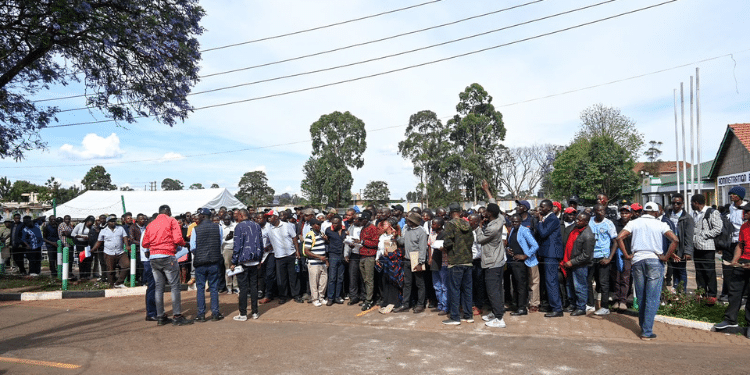

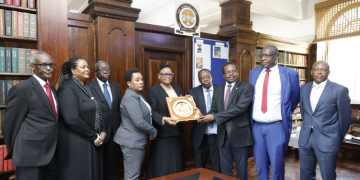

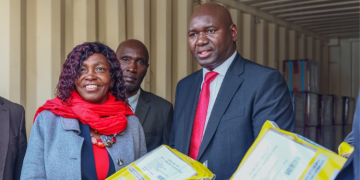









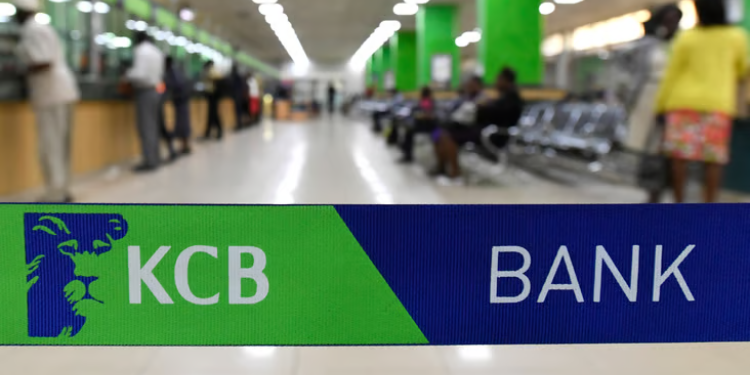
































![Senator Allan Chesang And Chanelle Kittony Wed In A Colourful Ceremony [Photos] Trans Nzoia Senator Allan Chesang With Channelle Kittony/Oscar Sudi]( https://thekenyatimescdn-ese7d3e7ghdnbfa9.z01.azurefd.net/prodimages/uploads/2025/11/Trans-Nzoia-Senator-Allan-Chesang-with-Channelle-KittonyOscar-Sudi-360x180.png)























